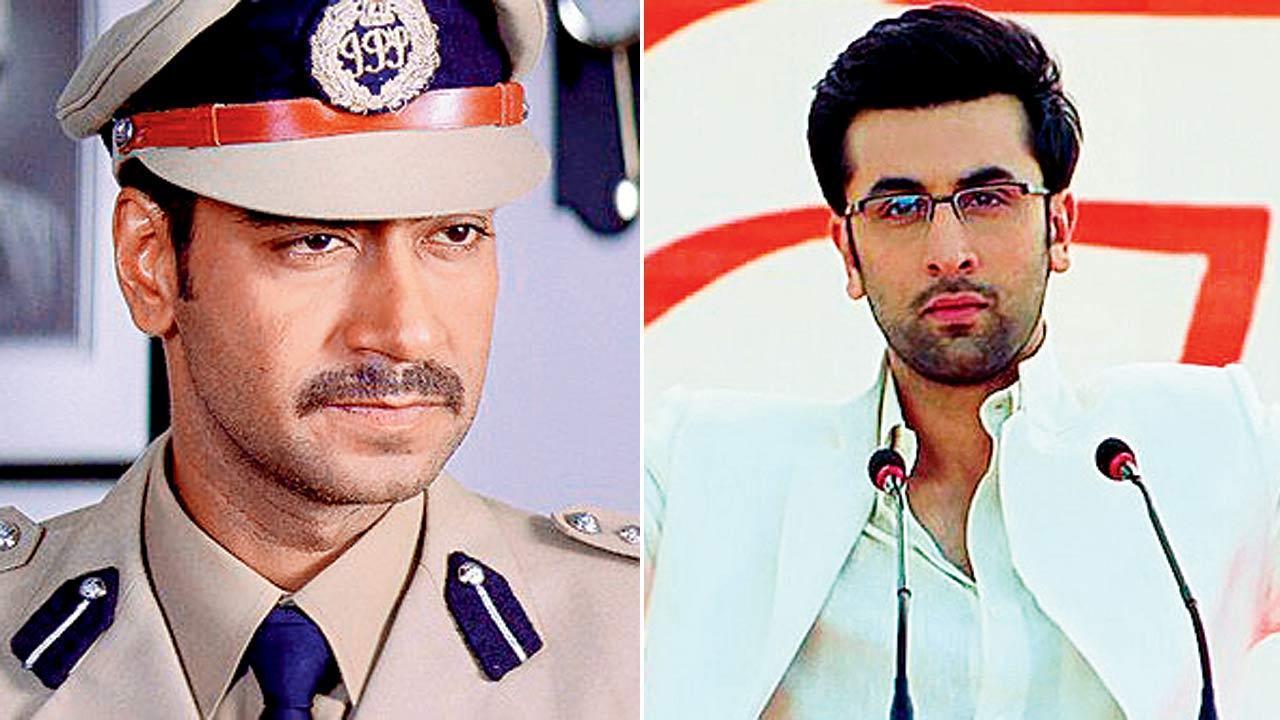
England all-rounder Nat Sciver-Brunt made headlines recently, not for her exploits on the field, but for her absence from the first T20I against Pakistan due to undergoing an egg-freezing procedure. The celebrated cricketer opened up about her personal life and future plans in a candid conversation, shedding light on her journey towards starting a family with her partner, Katherine Brunt, a former England international.
Sciver-Brunt’s disclosure came just before she rejoined the England line-up for the second T20I in Northampton, making an instant impact. The couple, who got engaged in October 2019 and subsequently tied the knot in May 2022, have been planning for their future together. Last January, they publicly announced that they would both use the surname Sciver-Brunt, symbolizing their unity in both personal and professional spaces.
In a revealing chat on the “Under the Lid Podcast,” Nat spoke for the first time about the personal decision behind missing the match, initially described as a ‘minor medical procedure.’ She explained, “In the period between getting back from New Zealand [where England toured in April] and this [series], I thought it was a great time to go through the egg-freezing process, creating embryos and putting them in the freezer for future use.”
The egg-freezing procedure is a significant step for Nat and Katherine, who are keen to start a family while also managing their careers in cricket. “We thought it was best to consider my age and the desire to start a family while still wanting to continue playing cricket,” said Sciver-Brunt. She highlighted the procedure’s financial and physical demands, noting that the increasing financial stability in women’s cricket could make such options viable for other players.
“Katherine and myself would love to start a family but I’d also love to keep playing cricket. We are lucky in that we have more options than one. We’re just working out the best way for us to go about it,” the 31-year-old added. She emphasized that while she had begun exercising, she wasn’t match-ready until she participated in England’s 52-run victory against Pakistan at Edgbaston, underscoring the physical toll the procedure took on her.
Katherine Brunt, contributing to the conversation, pointed out a significant long-term goal influencing Nat’s decision to continue playing. “Playing in the Olympics in 2028 after cricket was added among a few sporting disciplines is a major factor for Nat. If she was 24, she might want to have a child, then come back and play. At 31, it’s on the verge,” she remarked.
Discussing the practicalities of egg-freezing, Katherine added, “Freezing the eggs now and having healthy eggs to come back to – it’s great to be able to have that choice because it’s not cheap and very invasive.” This sentiment underscores the balance the couple is striving for between their professional aspirations and personal dreams.
Upon Nat’s return to the squad, her performance was commendable as England extended their lead to 2-0 in the series, with Pakistan bowled out for a mere 79 runs while chasing 145. Though Nat did not bowl, she made her presence felt with a quickfire knock of 31 off just 21 balls, reaffirming her value to the team.
The couple’s openness about their journey is likely to resonate with many athletes balancing career and family aspirations. Nat Sciver-Brunt’s story is a testament to the evolving landscape of women’s sports, where athletes are increasingly able to pursue personal and professional goals simultaneously, thanks to advancements in medical science and supportive structures within their sports.
Their narrative also underscores a broader cultural shift wherein female athletes are empowered to make choices that benefit both their careers and personal lives. It’s a story of thoughtful planning, perseverance, and the unwavering support of a committed partner.
As the women’s cricket community continues to evolve, stories like that of Nat and Katherine Sciver-Brunt will inspire many to consider the array of possibilities that modern medicine and progressive societal attitudes provide. This journey of egg-freezing is not just a personal milestone for the couple, but a beacon of hope and empowerment for aspiring female athletes worldwide.










